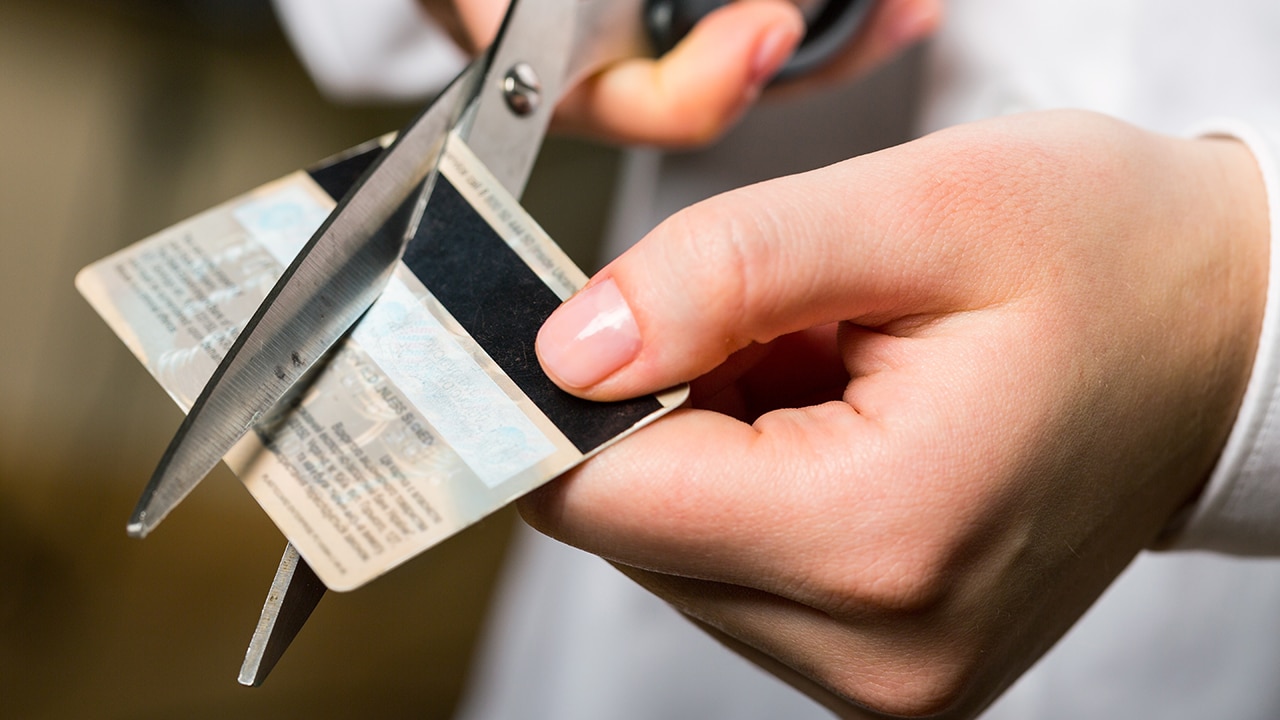The Ultimate Guide: 13 Tips to Master Your Savings Game

Many people find it very hard to save money. In fact, a recent Bankrate survey found that 62% of Americans are woefully behind in preparing for emergencies.
That raises the question, are there things they can do to better save money? And the answer to that is, of course, yes. According to the survey, inflation and too many expenses are among the reasons why people are not able to put enough away. While we can’t control inflation, we can control our expenses.
If you find yourself struggling to save, we’ve compiled a list of tips to help you build healthy habits.
1. Pay Yourself First

You work hard for your money, so why shouldn’t you pay yourself first when payday rolls around? In fact, financial guru David Bach recommends this above all.
The idea is to enjoy your money, because you do put in the time. Bach recommends paying yourself one hour per day of earned income. As an added aside, you can choose to save this money and you’ll know at the very least each week what you can put aside.
2. Put Wants Ahead of Needs

It’s very easy to get caught up in buying things you want. The downside to that is you necessarily need these things and it could be seen as a money-waster.
That’s not to say you should never treat yourself. You absolutely should. But if you find you’re buying things you want quite often, that’s money you could be putting to better use—such as in a high-yield savings account—making more for you.
3. Pay Bills on Time

This is fiscal smarts 101, but there’s another reason why you should pay your bills on time. In addition to being responsible and demonstrating trustworthiness, you’ll also avoid late fees.
Late fees are a significant budget killer. You might just see them as a few dollars, but over time those dollars add up.
4. Put Bank Technology to Work for You

Technology has come a long way and it’s very easy now to distribute funds across multiple accounts. Many banks also have a feature that allows you to set an automatic transfer from one account to another.
You can use this to transfer money out of your checking into a savings account as little or as much as you want. At the very least, try to transfer money at least once a month to continually build up a balance.
5. Invest

Investing is a great way to build up savings, but you have to know how to invest first. If you have no experience in doing so, it’s best to speak with a financial planner who can walk you through the process.
The earlier you start investing, the more you can save up for retirement, or to cash out at some point in the future. Just remember it takes time to accumulate and to leave it alone, even if the market is on a downswing.
6. Know Your Savings Options

When it comes to saving money, do you know the difference between a high-yield savings account, a certificate of deposit (CD), and a money market account? All of these are savings options—and there are plenty more.
Speak with a financial expert to learn your options and how you can make them work for you.
7. Know Your Financial Goals

Knowing your financial goals can help you develop healthy savings habits because it gives you something to strive for. When you have a goal you want to reach, it’s easier to put savings toward the front of your mind.
The key is to always have a goal, whether it’s saving up for a fun vacation or making sure you have enough for retirement.
8. Eliminate Impulse Spending

Impulse spending is a great way to send your budget out of whack in just a few minutes, yet so many people do it. Instead of hitting that buy button online or purchasing something in a store, wait 24 hours.
Most of the time, you’ll find that you don’t want the item anymore. During this time, you can think about whether it aligns with your financial goals, or if it will set you back instead.
9. Learn About Money

Sometimes we fail to save because we lack financial literacy. Often, this comes from not learning about money and its power when we’re younger.
The good news is it’s never too late to learn about money and how to invest, budget, and manage debt. You can speak with a financial advisor, or even take some financial classes.
10. Focus on Debt First

Why focus on debt first? To eliminate money going out the door. If you pay your obligations off first, that will give you more money to stock away in your savings.
Plus, the sooner you eliminate your debt, the less interest you’ll pay and the more money you’ll have in your pocket.
11. Track Your Spending

One of the best ways to see exactly where your money is going and where you can cut back is by tracking your spending. Write everything down and break it down into categories.
Chances are when you start tracking, you’ll find areas where you are overspending and can cut back.
12. Shop Sales and Second-Hand Stores

If you are adamant about saving, consider shopping sales and second-hand stores rather than big box stores or online. Sometimes, you can find real deals and steals, and still have money to put in your savings.
Naturally, there are some things you will need to buy new, but if you can save a few bucks here and there, it’ll all add up in the end.
13. Put a Little Bit Away at a Time

It’s easy to have this notion that if you don’t have hundreds in your savings, it’s not worth it. That’s the furthest thing from the truth, which is any amount counts.
If you only have $5 to put away this week, but can put $25 away next week, guess what? That’s still $30 you’ve saved. You have to look at the long picture instead of what you perceive as a short-term shortfall.





